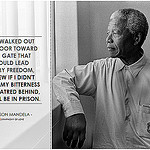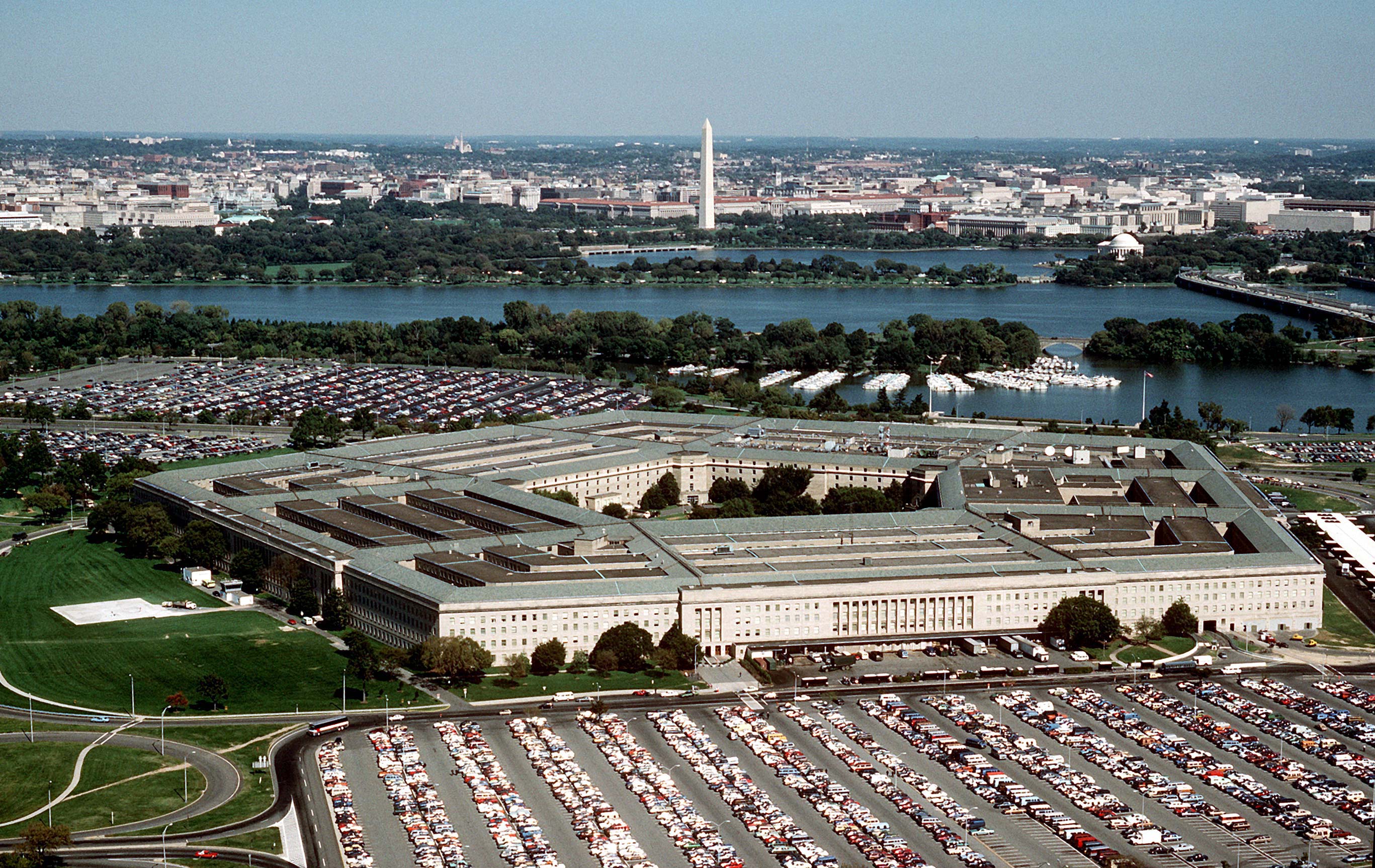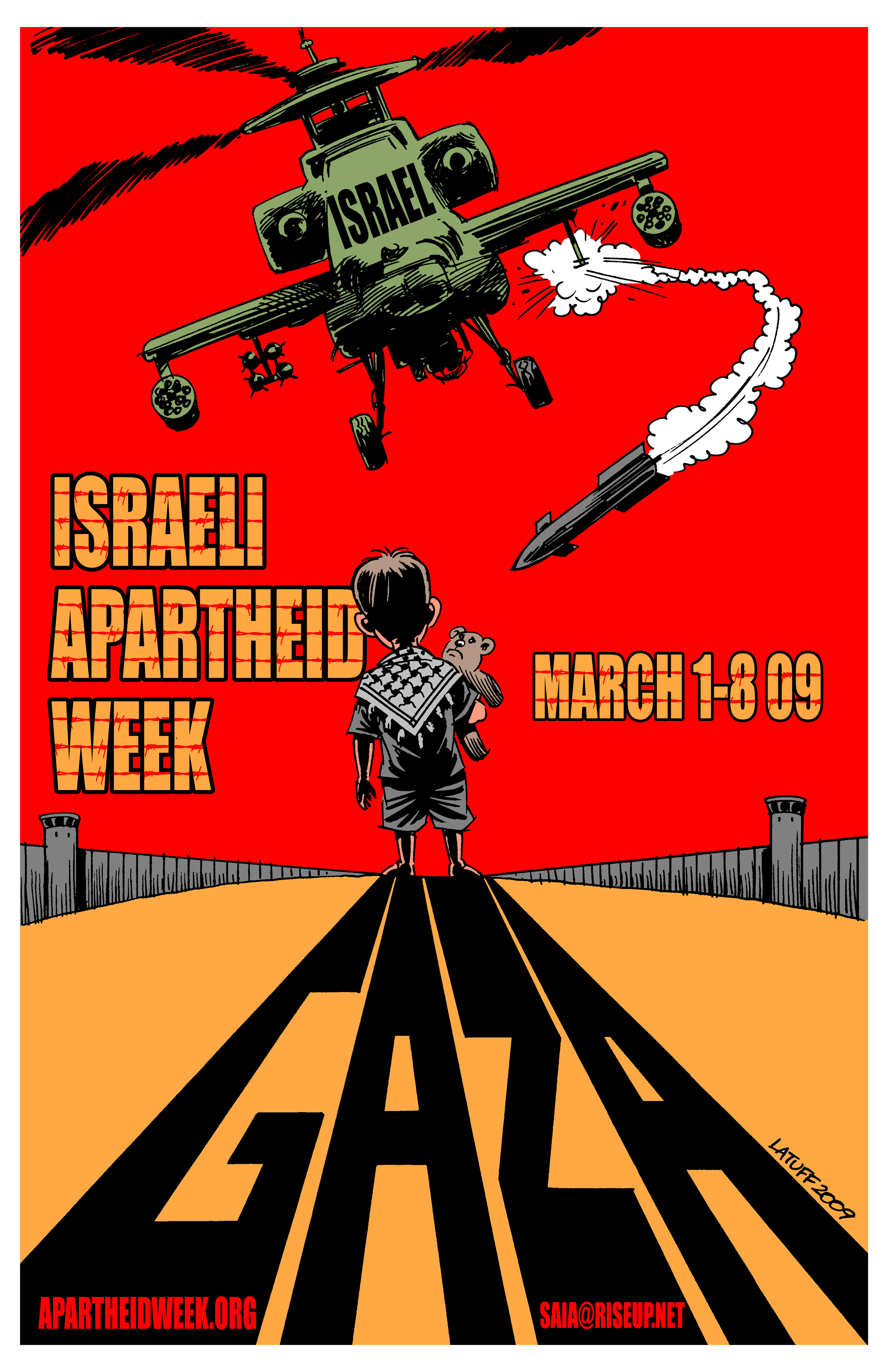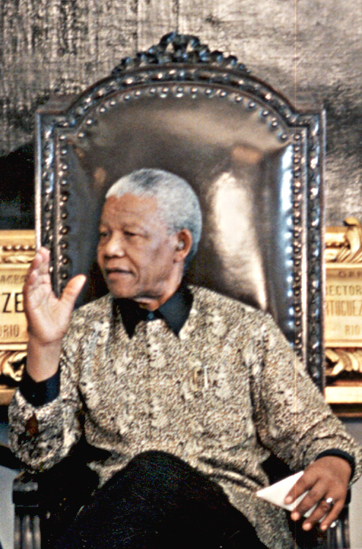 Nelson Mandela’s incarceration in 1964, under a life sentence threatening two decades of work and his personal well-being as a forty-six-year-old South African political activist, coincided with the escalation of Lyndon Johnson’s genocidal aggression in Vietnam. Johnson’s campaign of implacable violence fomented the end of his catastrophic political career, four decades of the greatest criminal venality in American history. Barely three years out of office, Johnson died in January 1973, a prisoner under constant FBI and CIA scrutiny on his ranch in Texas, a tortured remnant of his formerly dominant persona.
Nelson Mandela’s incarceration in 1964, under a life sentence threatening two decades of work and his personal well-being as a forty-six-year-old South African political activist, coincided with the escalation of Lyndon Johnson’s genocidal aggression in Vietnam. Johnson’s campaign of implacable violence fomented the end of his catastrophic political career, four decades of the greatest criminal venality in American history. Barely three years out of office, Johnson died in January 1973, a prisoner under constant FBI and CIA scrutiny on his ranch in Texas, a tortured remnant of his formerly dominant persona.
Against that bitter reckoning, Nelson Mandela’s ninety-five years have just begun their journey toward explication. To a rare degree, given evidence recently within our grasp, his life was astonishingly transparent. It stands now as it conducted itself over seven public decades, in absolute contrast to the obfuscations of power and the exploitation of nameless others that define administrative state energy since the onset of the American Civil War. That difference represents one measure of the ongoing obscenity inflicted upon American citizens under the rubric of “security.” Despite the loss and theft of documents, Nelson Mandela’s life is and was, more rather than less, available to public accounting. In sharp contrast, the American state apparatus has regularly operated as a command center for the creation and elaboration of crises of increasingly contradictory kinds. This insidious (virtually unopposed) gambit reached its pinnacle to date with the construction of 9/11 events that successfully installed a civil, military, interinstitutional, and commercial ethos of essentially impregnable global surveillance. The danger of such self-authenticating corruption is obvious. The American empire is on a perpetual war footing. It strikes without constitutionally mandated authority. Eisenhower’s prophesy has been realized and echoes across the last half century with the ironic jolt of truth-telling farce.
The degradation of originating constitutional ideals, with legal safeguards for presumed innocence, is now a de facto modus vivendi. The term crisis is inadequate to categorize our massively alienated social condition. The idea of citizenship is under siege in America. Financial establishments are aware of this, cynically wagering on odds that “enlightened” self-interest constructs from the exfoliating demise.
 Nelson Mandela’s courageous life in South Africa provides a complex narrative that holds too many anomalies to derive direct and immediate circumstantial contrast. One feature of the difference involved, however, goes to the heart of political viability—of sustainable communal and institutional practices. The tattered remainder that divides Mandela’s successful work to dismantle apartheid—mapped out piece by piece with impeccable vigilance in his diary and notebook entries (in prison letters, often sequestered, and notes of conversations during his governing years)—and Lyndon Johnson’s exemplary abuse of institutional rationality, professional courtesy, traditional common sense, and a massively compliant legal system resides in the long enduring loss of America’s shared covenant in which common interests are not subordinated to (or defined as) private controlling and acquisitive interests. That loss can be measured quite literally by the distance between the unwavering humanity of Mandela’s career, despite suffering, crafted day by day (as we now see in recently published texts), which opposed and skillfully mocked habits of paranoid secrecy and vengeful murderousness that, during the decades their lives overlapped, mortally unraveled Lyndon Johnson.
Nelson Mandela’s courageous life in South Africa provides a complex narrative that holds too many anomalies to derive direct and immediate circumstantial contrast. One feature of the difference involved, however, goes to the heart of political viability—of sustainable communal and institutional practices. The tattered remainder that divides Mandela’s successful work to dismantle apartheid—mapped out piece by piece with impeccable vigilance in his diary and notebook entries (in prison letters, often sequestered, and notes of conversations during his governing years)—and Lyndon Johnson’s exemplary abuse of institutional rationality, professional courtesy, traditional common sense, and a massively compliant legal system resides in the long enduring loss of America’s shared covenant in which common interests are not subordinated to (or defined as) private controlling and acquisitive interests. That loss can be measured quite literally by the distance between the unwavering humanity of Mandela’s career, despite suffering, crafted day by day (as we now see in recently published texts), which opposed and skillfully mocked habits of paranoid secrecy and vengeful murderousness that, during the decades their lives overlapped, mortally unraveled Lyndon Johnson.
I view Nelson Mandela’s complex personality, with its spiritual and political rigor, as a concrete embodiment of astute secular understanding that includes a calculus of human disaster. The moment has long been with us when the most economically ascendant and aggressively militarized nation on the planet must look beyond its parochial horizon toward any region or social practice where injustice confronts its own terror. Power terrorizes overtly or by acquiescence with failure to intervene. Inevitably, it petrifies from the audacity of its pride: sclerotic earnestness, self-righteous rhetoric, self-verifying insularity, self-destructive protection.
These are errors of identity that Nelson Mandela purged from his life’s work. The force of his example cannot be appropriated to distant shores, certainly not to our own. Nonetheless, it carries the splendor of his once-marginalized insight and temporarily thwarted persuasion, compassionate and humble, wary yet suffused with humor, animated by gentle sarcasm and continual self-scrutiny. Critical energy finds a uniquely self-deprecatory élan in Mandela’s life work, suffused with something very much akin to Antonio Gramsci’s devotion to “the long war of position.” In the vacuum of national and global leadership circumscribing our current collective bewilderment, we might seek (as Melville noted) “the one warm spark in the heart of the Arctic crystal.” Without undue idealizing, but with something that approaches amazed and profound respect, I hold Mandela’s legacy of what Nietzsche called intellectual conscience as a spark worth dwelling with. I suspect its warmth derives from the scrupulous meanness of stubborn mental tenacity, partly, no doubt, from a habit of self-calibrating reflective candor and partly from the sheer good luck that ferociously enabled humane karma sometimes earns.
-Jim Merod


